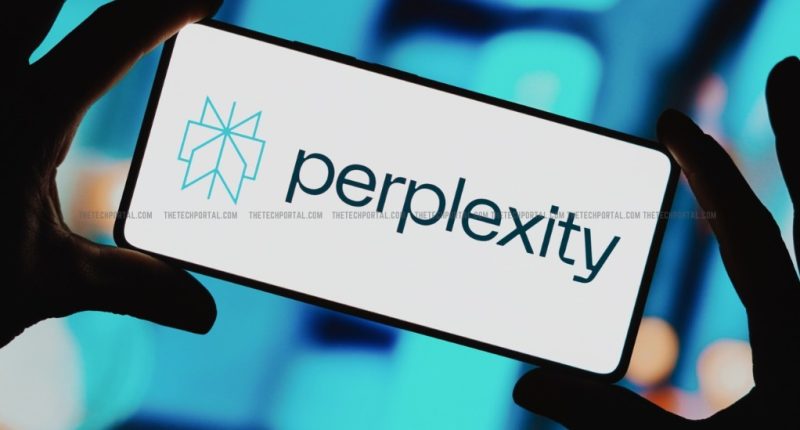Perplexity AI, the upstart that is looking to take the lead in AI powered search , has secured commitments for $200 million in fresh funding to further that cause. The latest capital infusion values the three-year-old startup at $20 billion. The latest financing, first reported by The Information, comes weeks after the company closed a round at an $18 billion valuation, pointing to growing investor appetite for search alternatives at a time when investors are also demanding more outcomes from these heavily funded AI companies.
Founded in 2022 by former OpenAI researcher Aravind Srinivas, Perplexity has quickly positioned itself as one of the most closely watched challengers in the search and browser space. Its model blends traditional web indexing with conversational AI, enabling users to receive narrative-style responses with citations rather than a list of links. The approach has drawn backing from major investors including Nvidia, SoftBank, and Jeff Bezos, though the lead participants in the latest round have not yet been disclosed.
The company’s valuation has grown sharply over the past year. According to data from PitchBook, Perplexity has raised more than $1.5 billion to date, with its worth climbing from $14 billion earlier this year to $20 billion by September. The firm’s annual recurring revenue has reportedly surpassed $150 million, a notable jump from roughly $35 million the prior year. While small compared to Google’s $175 billion in annual search revenue, the pace of growth has drawn attention across the venture capital and technology landscape.
Perplexity has also expanded aggressively through acquisitions. In recent months, it acquired Sidekick, a browser startup, and Carbon, a company focused on connecting large language models to enterprise applications such as Notion and Google Docs. These purchases indicate a push to broaden both consumer-facing tools and enterprise integrations, potentially positioning Perplexity not only as a search alternative but also as a productivity platform. The company has also launched its own browser, Comet, which can perform automated tasks such as summarizing documents or drafting responses. Industry analysts say this positions Perplexity to compete with both established browsers and emerging AI-driven productivity suites.
In August, Perplexity made headlines by issuing a $34.5 billion unsolicited bid for Google’s Chrome browser, an offer that was rejected but highlighted the company’s ambitions. Chrome currently serves more than three billion users worldwide, and acquiring it would have instantly given Perplexity unprecedented reach. Although unrealistic given the disparity in valuations, the move demonstrated the company’s willingness to challenge established players with bold gestures.
Perplexity’s latest funding arrives during heightened activity in AI search. OpenAI is reportedly working on its own AI-integrated browser, while companies such as You.com and Neeva (acquired by Snowflake) have attempted similar models with mixed results. As of August, Google’s global search share has declined below 90% in 2025 for the first time in a decade, with competitors like Perplexity and ChatGPT Search increasing their user base. AI-generated answers reduce the need for traditional click-throughs – in fact, AI Overviews in Google itself have been linked to drops of 34–40% in click-through rate for top-ranked organic results.
Despite its rapid ascent, Perplexity faces challenges. Maintaining growth while managing costs for compute infrastructure remains a central concern. Building a global user base large enough to challenge incumbents requires not only capital but also distribution partnerships and continued product reliability. In addition to this, revenue expansion may plateau if Perplexity fails to convert early adoption into long-term habits. Google’s entrenched position, backed by default agreements with device makers and platforms, will be difficult to unseat. Moreover, expanding into enterprise applications may put Perplexity in direct competition with Microsoft, which is weaving AI into its own productivity software through partnerships with OpenAI and Anthropic.
The Tech Portal is published by Blue Box Media Private Limited. Our investors have no influence over our reporting. Read our full Ownership and Funding Disclosure →






